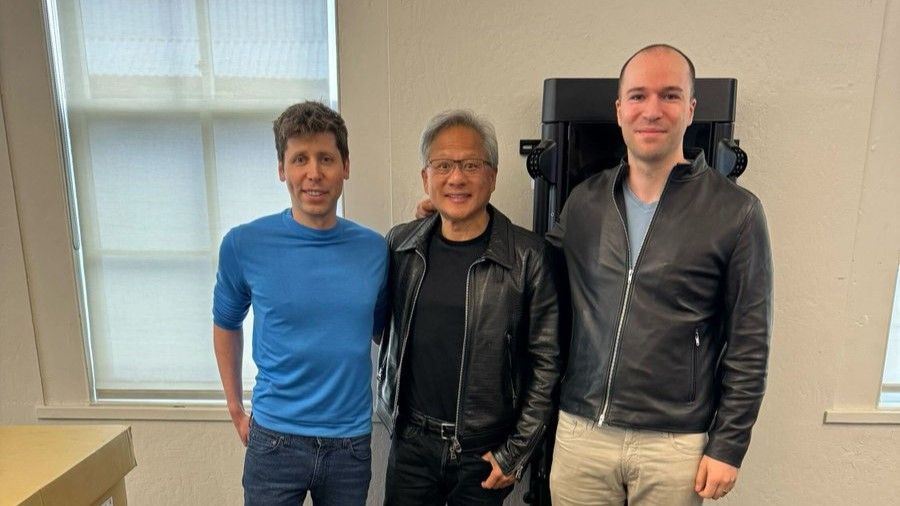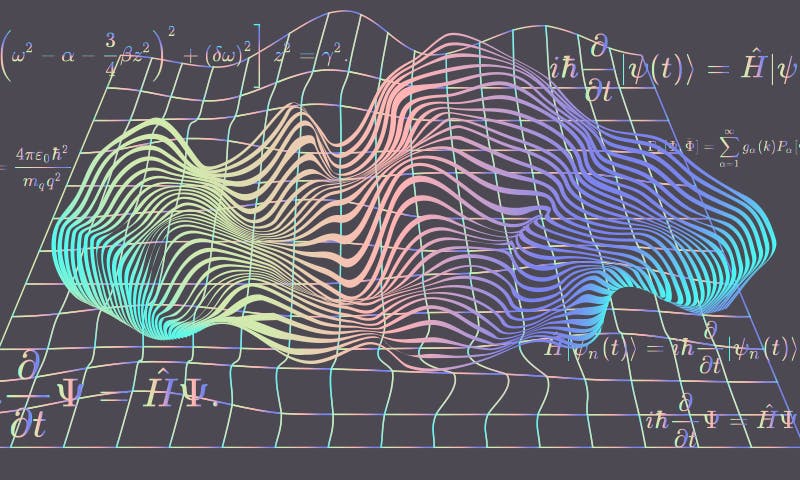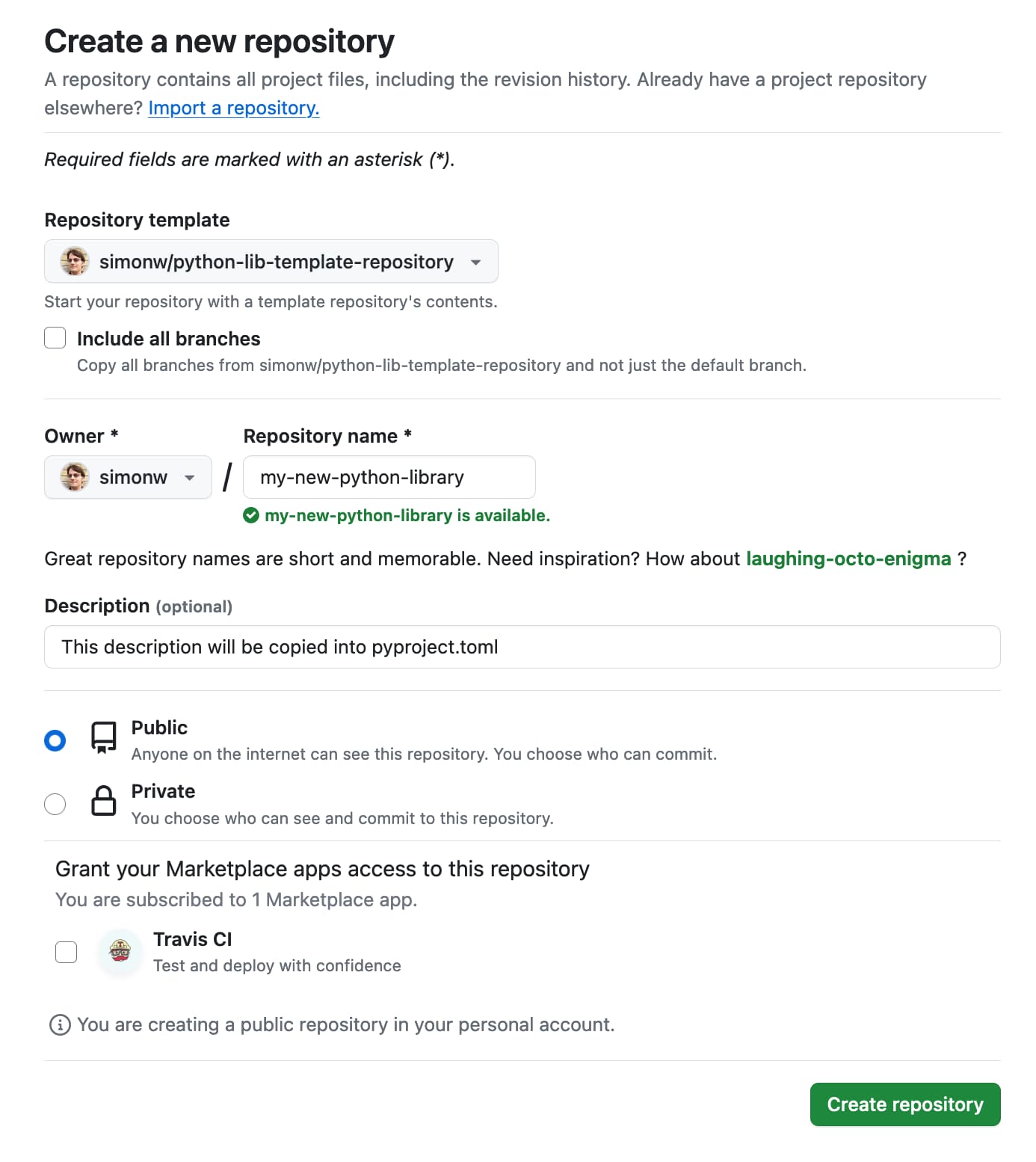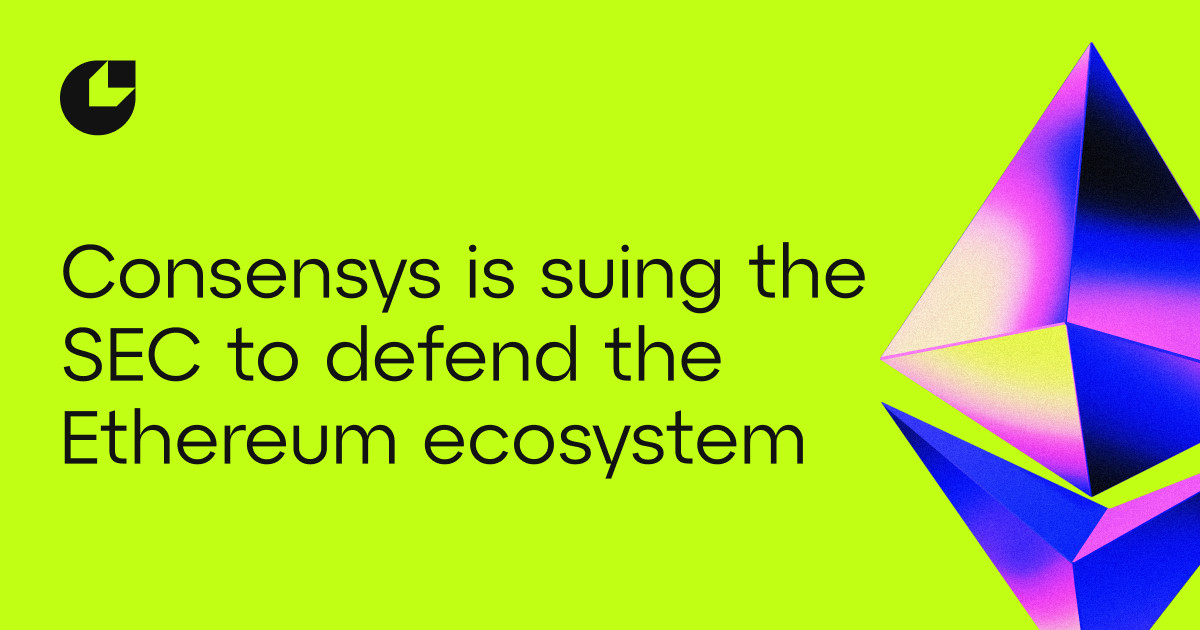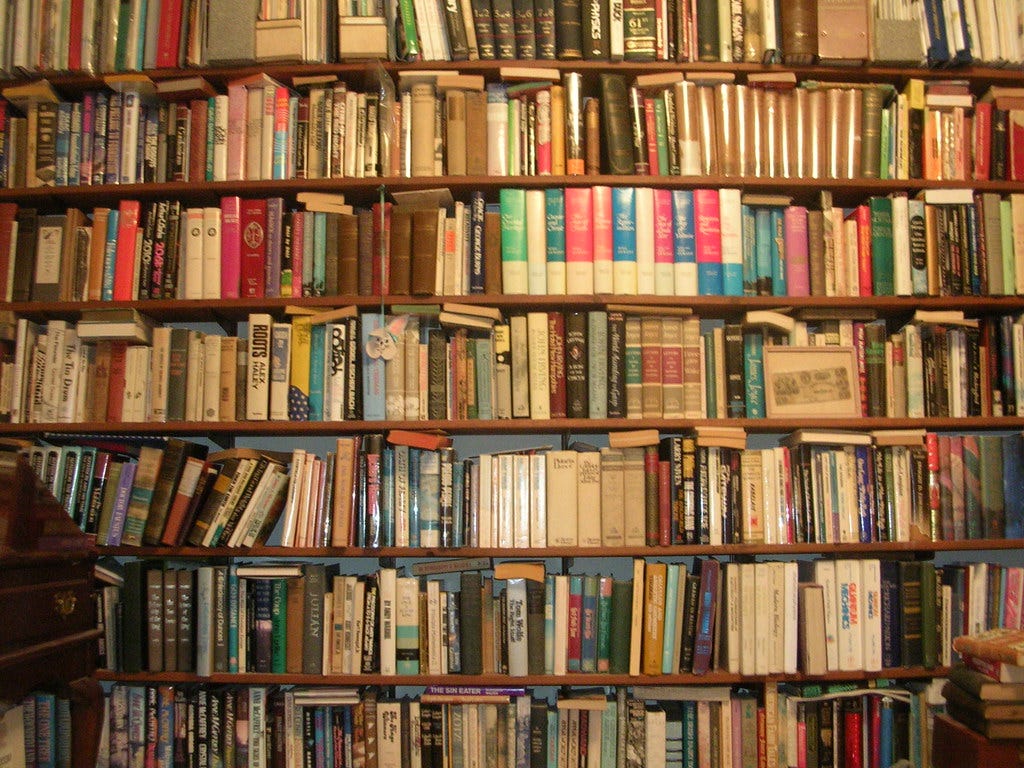
Science fiction novels for economists
Back in 2013 I wrote a post at my old blog called “Science fiction novels for economists”. Now, I see that Matt Clancy (whose blog on the economics of innovation you should definitely check out) is starting an Econ Twitter book club with a recommendation from my list!
Meanwhile, a few friends in the tech industry asked me for sci-fi recommendations the other day, and I told them I’d send them this list!
Anyway, here it is. 2013 was a long time ago, and I’ve read a lot of sci-fi since then, so I plan to go through and make additions to the list in the future. In the meantime I added a couple of especially good ones at the end.
Really, most science fiction is about economics. What makes most future visions interesting is not just the technical particulars of the cool new Stuff, but the social ramifications. Here are some of the sci-fi books that I thought dealt with important economic issues in the most insightful and interesting ways. I also chose only books that I think are well-written, with well-conceived characters, engaging plots, and skillful writing. 1. A Deepness in the Sky, by Vernor Vinge In addition to being quite possibly the best science fiction novel I've ever read, Deepness is also a great meditation on public economics. When Vernor Vinge became famous in the 80s, he was a hard-core libertarian - his novel The Peace War, and its sequel short story "The Ungoverned", are like a Real Business Cycle model come to life, with lone-wolf genius engineers teaming up with private police forces to bring down a fascist technocratic government made up of...university administrators. Ha. But by the 90s, Vinge's views on government and markets had become markedly more nuanced - in the swashbuckling space opera A Fire Upon the Deep, we see private security forces failing miserably when faced with a powerful external threat (in fact, that book made me think of the "Tamerlane Principle"). Security, Vinge realizes, is a public good. In Deepness, Vinge adds another public good: Research. The narrative of Deepness is split between a race of spider-people with roughly 20th-century technology, and a spacefaring guild of human merchants called the Qeng Ho. On the spider world, the protagonist is a brilliant scientist named Sherkaner Underhill, who is basically a Von Neumann or Feynman type. Sherkaner is the ultimate lone genius, but he ends up needing the government to fund his research. In space, meanwhile, the heroic merchant entrepreneur Pham Nuwen (who is a recurring protagonist in Vinge novels) struggles to decide whether he should turn his merchant fleet into an interstellar government. Governments, he finds, are good at producing really new scientific breakthroughs, but eventually they become unwieldy and stifle the economy and society, then collapse under their own institutional weight. The very very end of the book is - or at least, seemed to me to be - a metaphor for the Great Stagnation and the death (and future rebirth) of Big Science. 2. Makers, by Cory Doctorow Cory Doctorow is known both for his science fiction and for being the creator of the blog Boing Boing, one of the oldest and best blogs on the internet. In Makers, Doctorow dishes up a near future that is almost spooky in its prophetic vision. The book is all about economics, the death of corporations, the rise of freelance and temp economies, the death of old media and the rise of blogs, and the disruptive impact of technology on people's jobs. It envisions the rise of 3D printing, the startup craze (and the startup glut), and the use of intellectual property as corporations' weapon of choice to fight back against progress. It's incredibly well-written, but also extremely sad, just to warn you. 3. The Dispossessed, by Ursula K. LeGuin It's incredibly hard to imagine a world without private property, but LeGuin pulls it off. Spoilers: A world without property is pretty boring and fairly poor. But LeGuin also shows us another world, much like our own, where the anti-property anarcho-syndicalist movement was suppressed and tamed, much like Marxism was suppressed and tamed here on Earth. What's interesting is that although anarcho-syndicalism doesn't work incredibly well on the world where it's implemented, the anarcho-syndicalist idea and movement serve as a sort of permanent opposition force on the capitalist world. When I read Robert M. Buckley writing that Marxism has fulfilled a similar role in the West here on Earth, I immediately thought of The Dispossessed. 4. Down and Out in the Magic Kingdom, by Cory Doctorow Doctorow again. In this book, he examines what a true post-scarcity society would look like. Spoiler: It looks a lot like a bunch of sarcastic bohemian Canadian people. But basically, I think that's probably what the future will look like, at least if we're lucky. Anyway, this book is notable for the concept of "whuffie", an online currency based on peer approval, which arguably inspired Facebook's "like" button. 5. Rainbows End, by Vernor Vinge Vinge again. Rainbows End is a sad, thoughtful novel about old age and obsolescence (notice that there is no apostrophe in the title). But it's also one of the most visionary novels about future labor markets. In an interconnected world in which skills never stay fresh for long and most value is created through entertainment, old engineers have to go back to high school, and new corporations are started by teenagers collaborating online with strangers halfway around the world. Rainbows End is also famous for envisioning the technology of Augmented Reality; this novel probably inspired Google Glass. Interestingly, Vinge continues his evolution toward a balanced view of public goods, adding education to the list of things that government needs to provide. (Update: In an email, Vinge points out that he never specified that the high school in Rainbows End was government-funded! Touche!) 6. Accelerando, by Charles Stross Charles Stross, another noted blogger, loves to play with ideas, even if he doesn't believe in them. In Accelerando, he mainly plays with the idea of the Singularity, but he also plays with a bunch of far-out funky future economics. In one part, the main character, impresario and wandering entrepreneur Manfred Macx, uses advanced computer algorithms to successfully implement an optimal centrally planned economy, by predicting what humans will want before they even know they want it. Macx's various disruptive innovations inevitably draw the ire of the law, and he creates a protective cloud of AI lawyers to wage constant "lawfare" against governments and corporations alike. In another part of the book, the entire solar system is taken over by sentient High-Frequency Trading algorithms. But I haven't really spoiled the book for you, since these are only about 0.1% of the ideas contained within. Note: Stross has also written a series called the Merchant Princes series that deals even more with economics, but I haven't read it. 7. Lucifer's Hammer, by Larry Niven and Jerry Pournelle Lucifer's Hammer is a story about a comet hitting Earth, and the aftermath. It's notable for its quaint Reaganite conservative politics (it came out in 1977), and does make a couple of glaring economic mistakes (for example, a guy trying to build a nuclear power plant is an independent wildcatting entrepreneur instead of a giant government-backed corporation). But it makes up for that with its excellent portrayal of what the economy would be like in the immediate aftermath of an abrupt civilizational collapse. Hint: Farming, containment of contagious diseases, de-specialization of labor, and collective security become very very important. 8. The Windup Girl, by Paolo Bacigalupi Brutally dark and hopeless, The Windup Girl is a book about peak oil, global civilizational decline, and the (temporary) end of positive-sum economies. In a suddenly overpopulated world, humans are forced into a constant Hobbesian zero-sum game, and most moral norms go right out the window. Warning: This is very tough book to read. But it serves as an important reminder of the Malthusian menace that forever lurks just outside the circle of light provided by the flickering candle-flame of modern technology. 9. The Moon is a Harsh Mistress, by Robert Heinlein Actually a mythic retelling of the American Revolution, The Moon is a Harsh Mistress contains some very interesting thoughts on colonialism and the Resource Curse. Unsurprisingly, terrorism is used as a way to make resource colonialism too expensive for the occupying power. Unfortunately, we don't get to see the political struggles and despotic regimes that probably arose in the aftermath of lunar independence. But Heinlein also does use the book to play with some interesting libertarian ideas, like a privatized court system. 10. Schismatrix, by Bruce Sterling Simply one of the most wide-ranging and visionary science fiction novels ever written. Bruce Sterling is like an eternally erupting quasar of creativity, and this is his finest book. None of the economics here makes any sense - or, more accurately, it all takes place in such a funky, crazy future world that it's impossible to know if it makes any sense. 11. Permutation City, by Greg Egan If there's any sci-fi novel that beats Schismatrix for far-out blow-your-brain-out-the-back-of-your-skull vision, it's Permutation City. If I hadn't already had the idea for D-Mod, this book (written over a decade before I thought of the concept) would have given it to me fully formed. Permutation City is about the ultimate nature and purpose of human consciousness and experience, and yet it has implications for technologies that are being developed right now, as we speak. 12. Reamde, by Neal Stephenson Most people would recommend Stephenson's Snow Crash or Cryptonomicon, but for economics I like Reamde the best. Although not technically sci-fi, it has that flavor. The hero is an aging tech entrepreneur who owns a game that's a combination of World of Warcraft and Bitcoin (yes, this book predicts Bitcoin). It also deals with the economic incentives of the Russian mob, the challenges facing smart young tech workers in China and Hungary, and lots of other cool features of today's global economy. It's not Stephenson's #1 awesomest book, though; that would be Anathem. 13. The Game of Thrones series, by George R.R. Martin
Actually, I lied earlier...the person who requested a "Sci-fi for economists" list also asked me to include fantasy. But the Game of Thrones books (actually called A Song of Ice and Fire, though few use that name anymore) are really the only fantasy novels I can think of that deal with economics in an interesting way. You get to see a lot of the messed-up economies of medieval times, including feudalism, slavery, anarchy, blood sport, and the difficulty of international trade with poor information and unreliable transportation. 14. The Year of the Flood, by Margaret Atwood The Year of the Flood is the companion novel to Oryx and Crake, a philosophical dystopia/apocalypse novel (and one of the best such novels ever written, IMHO). But you can read The Year of the Flood on its own. This book is, basically, about a market dystopia. Everything is for sale in this future, and yet negative externalities, asymmetric information, and weak institutions make the world a nightmare. 15. When Gravity Fails, by George Alec Effinger This is basically a novel about underground economies and organized crime. Interesting for those who like to think about the economics of such things. Also, an extremely well-written and fun book. 16. Stand on Zanzibar, by John Bruenner Stand on Zanzibar is a little dated, but it really picks up on a lot of economic trends that were just starting in the 60s (e.g. the pricing of previously plentiful commodities such as water). The economics are all about the effects of overpopulation, which seems less menacing in the 2010s, but is still a major problem in parts of the world. A great futurist novel from the past.













